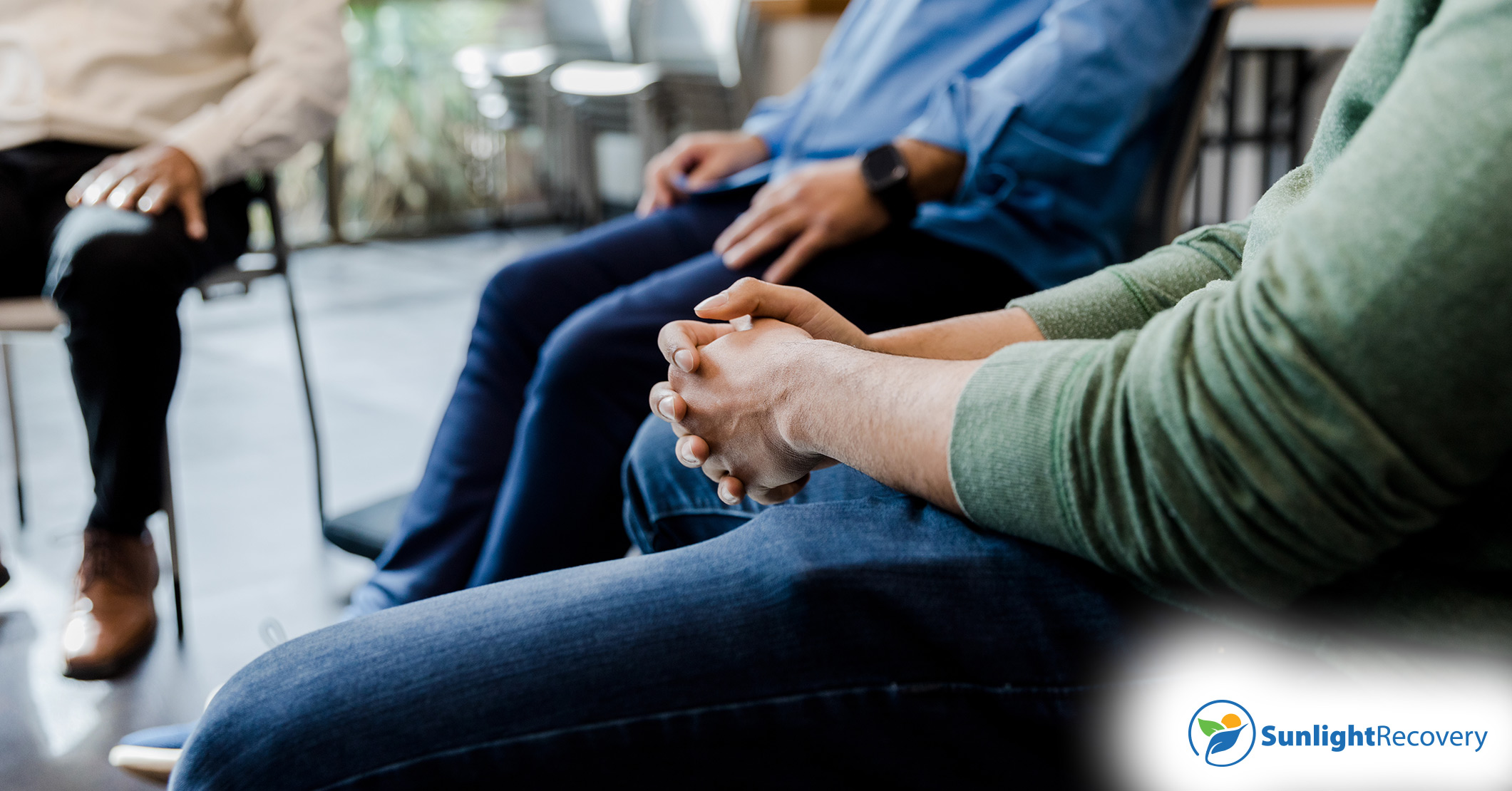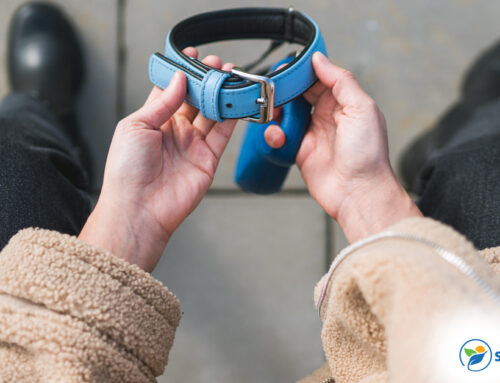If you have a loved one struggling with a substance abuse addiction, you may be considering staging an intervention to help them. An intervention can be an important, helpful tool that forces an individual to really face what their addiction is doing to themselves and others. But an intervention only works if it’s done correctly. The seven tips below can help you plan an effective intervention.
What Is an Intervention?
An intervention is a meeting between someone struggling with an addiction and their closest loved ones. Their friends and family are responsible for planning the intervention, educating the individual on the negative impacts of their addiction and suggesting ways to get help.
Planning an Effective Intervention: Key Steps and Considerations
Here are seven intervention tips to facilitate a productive, compassionate conversation with your loved one.
1. Make a Plan
When determining how to hold an intervention, the first thing you should do is make a plan. This isn’t something that can be done on a whim. You need to find the right time and place — talking to the person when they’re drunk or high won’t have an impact.
Take the time to educate yourself on what an intervention should look like and build a plan that will match your situation. There are different intervention styles, so it’s a good idea to learn about them before deciding which one works best for you.
2. Decide on Participants
Having the right people in the room matters. If one person doesn’t care enough to learn how to do an intervention right and listen to instructions, they can derail the entire process. Everyone in the room should:
- Have a close relationship with the person the intervention is for
- Be willing to listen to tips on how to behave and communicate during the intervention
Someone walking into an intervention shouldn’t see anyone they dislike or have problems with, as this can change the experience from positive to negative.
3. Consider Getting Professional Help
There are professionals, known as interventionists or intervention specialists, who specialize in effective intervention services. This person can help with:
- Planning the intervention
- Teaching the participants how to communicate and behave during the intervention
- Act as an impartial, third-party moderator during the intervention
Overall, having an interventionist can educate your group on how to have an intervention and increase the chances your intervention will be as effective as possible.
4. Write Impact Statements
One of the most powerful parts of an intervention is when the people in the room share impact statements. Someone going through addiction has often lost perspective on how their choices have impacted those in their lives. This is an opportunity to show the person they’re loved and that their actions are hurting others.
Everyone chosen to participate in the intervention should be asked to write their impact statement beforehand — it shouldn’t be improvised at the intervention. This should be a well-thought-out statement that may take time to assemble. It can be difficult to put into words how you feel and make someone else see and understand the impact of their addiction.
5. Manage Expectations
Often, when we see an intervention on television, the person responds well. They might break down and cry, but they ultimately concede to what the group wants. As the intervention organizer, you must manage expectations for the participants. It’s likely your loved one will not respond positively to the intervention. Even if you do everything “right,” your loved one is struggling with an addiction. This may make it hard for them to see the love and good intentions behind the intervention.
The good news is that, even if your loved one doesn’t respond well right away, that might change. An intervention often plants the seed and forces the person to face their addiction a bit more head-on. They might not leave the intervention ready for a change, but they might change their mind in a few days, weeks or months.
Still, participants must know what could happen so they don’t feel disappointed by a less-than-perfect outcome.
6. Offer Help
An essential part of an intervention is a straightforward offering of help to your loved one. You can’t make a declaration that they need to face their addiction and not offer some form of support.
Make sure the help is detailed. Don’t make vague statements about them going to rehab. Let them know you’ve already spoken to a great rehab facility and have information on what programs the facility offers. Pull out the information brochures and offer to take them to the rehab immediately if they’d like. Suggesting these proactive steps could help your loved one take action right away.
7. Follow Through
The last step is one of the most important of all. If your loved one is responsive and agrees to any help, follow through on delivering that help to them. If you need to set them up with a rehab facility, support group or government housing, make sure you do so. This is when your loved one needs you to show up most.
Communication Strategies for Expressing Concern and Support
An essential aspect of an intervention is the language and tone used. If your loved one walks into the room and only feels anger, blame and shame directed at them, they’ll immediately leave. All participants need to be careful when they communicate their feelings and concerns. There’s a way of sharing without blaming. Some tips for communicating during an intervention are:
- Make “I” instead of “you” statements, such as, “I’m hurt by seeing you lose your health to this drug” versus “You’re letting this drug take control of you.”
- Remind the person that you love them and care about their life.
- Reassure them that addiction is treatable.
- Don’t yell, call names or speak from a place of anger.
- Don’t accept excuses.
- It’s natural to get emotional, but don’t allow your anger or sadness to confuse your message.
Post-Intervention Support and Next Steps for Recovery
After the intervention is over, encourage your loved one to seek help. If your loved one has an addiction that’s worthy of an intervention, they likely need professional guidance. A rehabilitation facility can help with detox and recovery so your loved one can find sobriety safely and quickly.
Sunlight Recovery
Sunlight Recovery is a detox and residential substance abuse treatment facility in South Florida. Our team of medical professionals is experienced in all areas of drug and alcohol recovery, so your loved one doesn’t have to go through this alone. Contact us today to find out more about our recovery programs.






